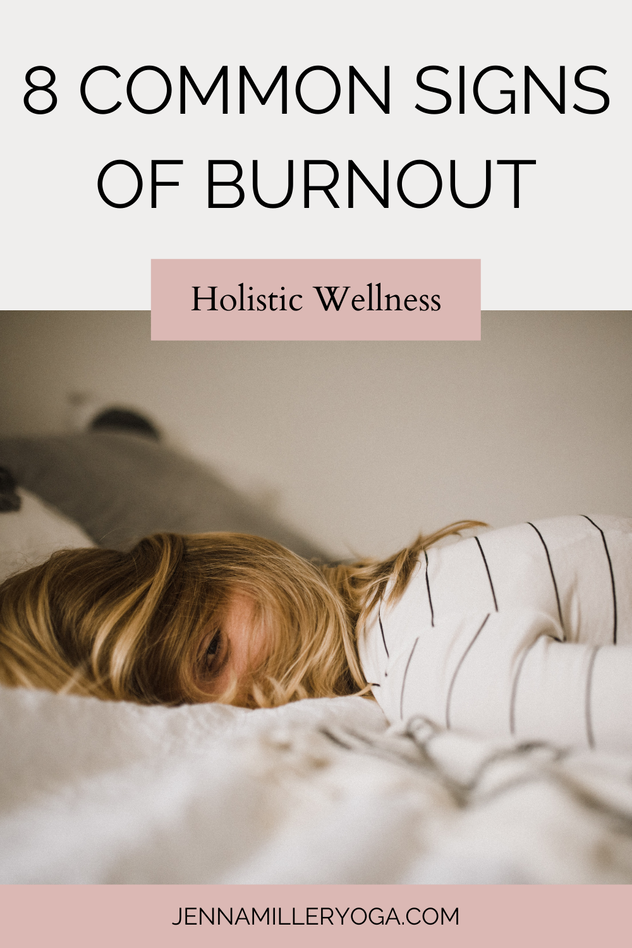|
What is burnout? The term “burnout” has been a buzzword since 2020 and has earned its status as a medically recognized diagnosis. Often associated with work/life balance or toxic workplaces, burnout has taken an unprecedented toll on women. Whether you blame it on Zoom, hustle culture or the ideal of “having it all,” society’s glorification of busy-ness can land women deep in the pits of exhaustion. You don’t work a 9-to-5 but still feel exhausted and overwhelmed? Burnout isn’t just for CEO’s. Stay-at-home moms, caretakers and anyone who’s overworked and under-resourced can find themselves drained beyond recognition. Burnout -vs Stress If you’ve been asking yourself “Am I burnt out or just stressed?” try not to get hung up on the words. Burnout can have a few different expressions including adrenal fatigue, mental or emotional exhaustion, or a lack of meaning in life. Stressful events come and go, but living in a state of persistent pressure erodes stamina and weakens the body. If living chronically stressed is a bad habit, burnout is what happens when that bad habit finally catches up to you! Instead of focusing on a label, take inventory of how you feel. Your body is a great truth-teller and symptoms like tension, trouble sleeping or digestive issues are signs of di-ease in the body. Ignore these irritations and they grow louder. But use them as a guidepost and you can steer yourself back toward well-being. Here are 8 of the most common indicators of burnout:
Like any dis-ease, burnout happens on a sliding scale. Some days may feel easier than others, but there are generally 4 stages women pass through. Stage one includes feeling stressed and turning to caffeine or carbs for an extra boost. Most of us experience this phase from time to time, with no ill effects. In stage two, tension becomes long-term and more disturbances like digestive trouble or insomnia start to creep in. The body doesn’t recover as quickly or easily as it used to. By stage three, hormones become disrupted causing that tired-but-wired feeling or other manifestations of depression, anxiety or lack of sex drive. Reaching stage four can result in chronic health conditions like depression, adrenal failure, cardiovascular issues or autoimmune disease. How do you know if your symptoms warrant more than a weekend spa vacation? If you’re experiencing 3 or more symptoms, your enthusiasm for life has been diminished, or your relationships are beginning to suffer, it’s time to make a change. We all have bad days, but if you’ve been stuck on overdrive, don’t wait until you hit rock bottom. Simple lifestyle changes can go a long way in preventing complete burnout and getting your energy back on track.
0 Comments
Your comment will be posted after it is approved.
Leave a Reply. |
Archives
March 2022
Disclaimer: All information and resources found on JennaMillerYoga.com are based on the opinions of the author unless otherwise noted. All information is intended to motivate readers to make their own nutrition and health decisions after consulting with their health care provider. I am not a doctor, lawyer, psychiatrist, therapist, or your mother, and I don’t play one on the internet. Consult a doctor before making any health changes, especially any changes related to a specific diagnosis or condition. The information on this website is not intended to replace a one-on-one relationship with a qualified health care professional and is not intended as medical advice.
No information on this site should be used to diagnose, treat, prevent or cure any disease or condition. |
